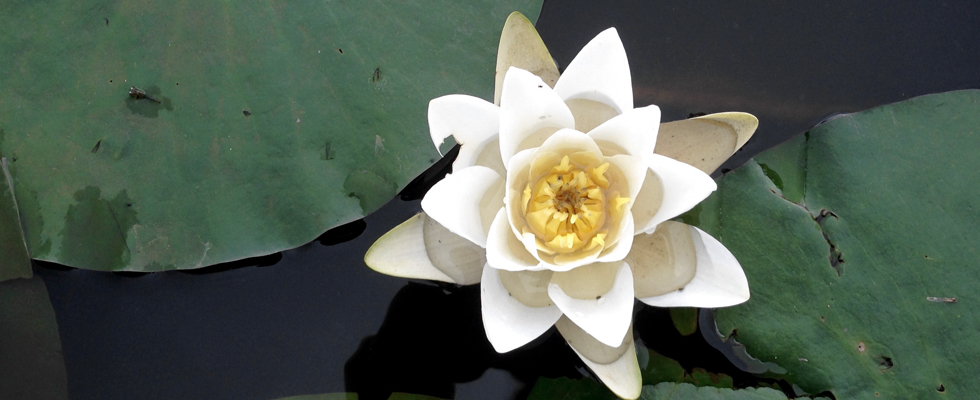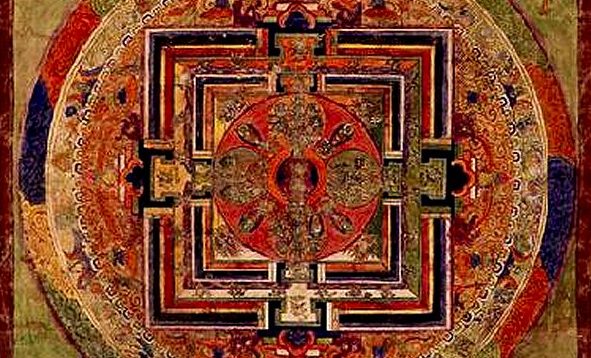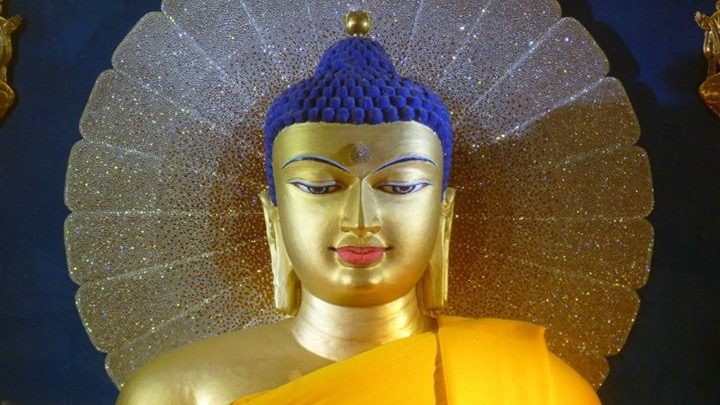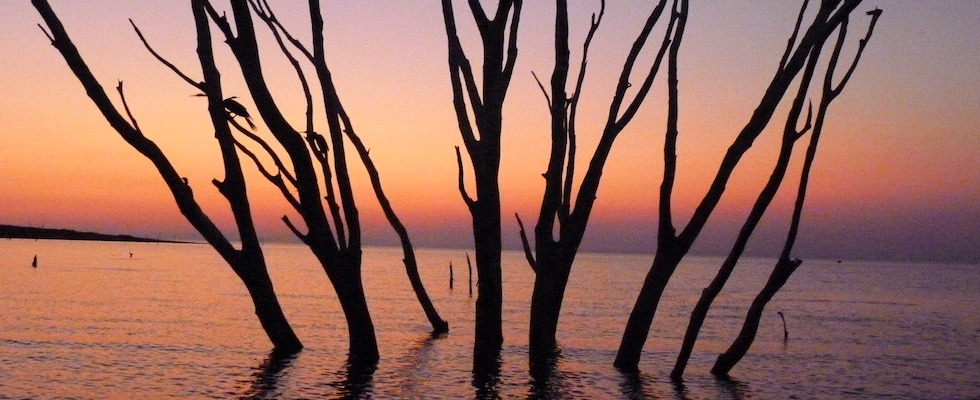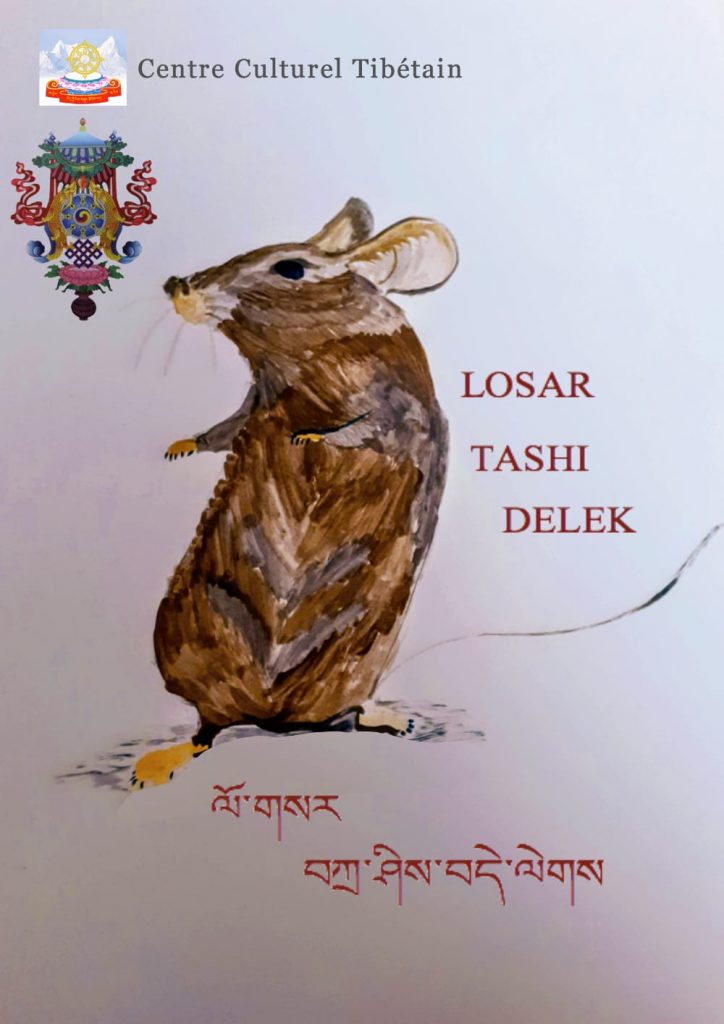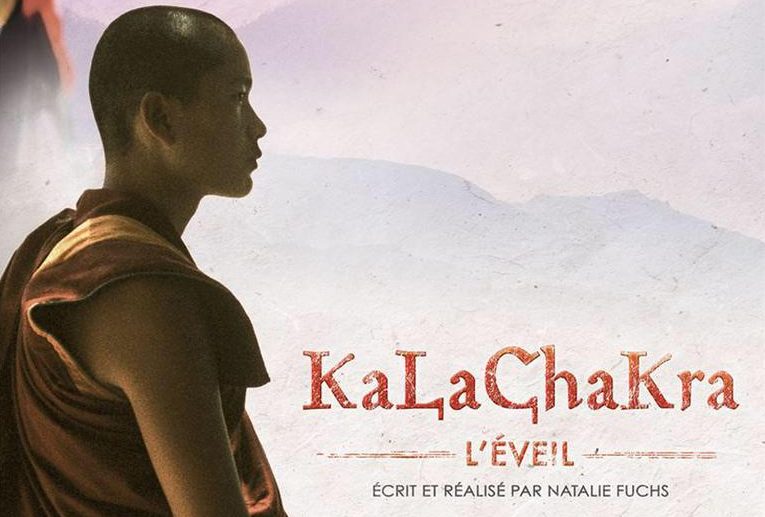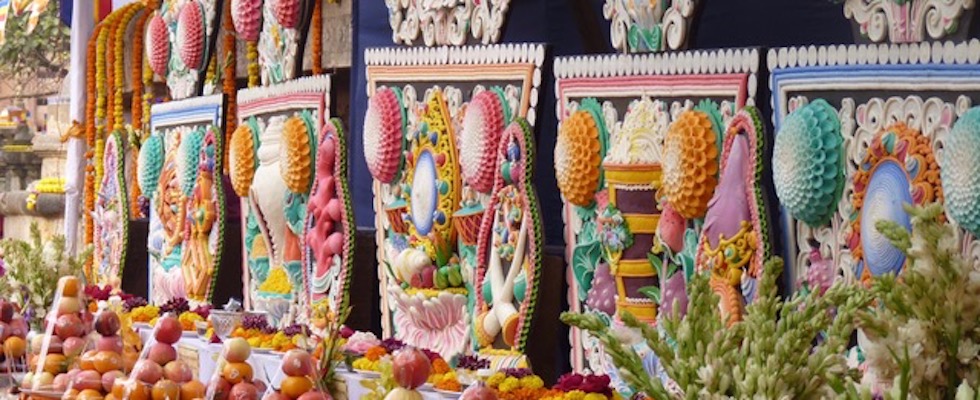The Centre Culturel Tibétain is happy to announce an online weekend teaching by Lama Jigmé Namgyal on the bardo of life and the bardo of dying. The teaching will be given online, through webinar.
The Bardo of life and of dying
There is no distinction as to religious, cultural or social background, the truth is that everyone has a life and everyone will die one day. According to the wisdom of Buddha we can actually use our lives to prepare for death. In the Buddhist approach, life and death are seen as one whole, where death is the beginning of another chapter of life. Death is a mirror in which the entire meaning of life is reflected. This view is central to the most ancient school of Tibetan Buddhism.
Bardo (Tib. བར་དོ་) is a Tibetan word that simply means a ‘transition’ or a gap between the completion of one situation and the onset of another. ‘Bar’ means ‘in between’ and ‘do’ means ‘suspended’ or ‘thrown’.
The word bardo is commonly used to denote the intermediate state between death and rebirth, but in reality, bardos are occurring continuously throughout both life and death, and are junctures when the possibility of liberation, or enlightenment, is heightened.
One of the central characteristics of the bardos is that they are periods of deep uncertainty. This uncertainty, which already pervades everything now, becomes even more intense, even more accentuated after we die.
During this weekend Lama Jigmé Namgyal will teach about the bardo of life and the bardo of dying.
Language: English. On Friday and Saturday Lama Jigme will be teaching in his mother language Tibetan, with translation to English by Dr. Dylan Esler.
Where: Online. You will receive a zoom link.
When:
Friday, 12 June: 19:30-21:30
Saturday, 13 June: 9:30-13:00
Sunday, 14 June: 9:30-13:00
Price:
Non-members: 60 €/weekend
Sustaining members of CCT: 54 €/weekend
Donating members of CCT and PCL: 45 €/weekend
Students, unemployed, retired: 30 €/weekend
Please pay by bank transfer to the Centre’s account:
IBAN: LU79 1111 2413 8246 0000 / BIC: CCPLLULL,
Centre Culturel Tibétain, Asbl
Reference: Bardo (and your name)
In Tibetan Buddhism, students traditionally make a donation to their teachers for special teachings. Such donations can be done directly to the Phuntsok Namgyal Ling Foundation, as it will be a contribution to Lama Jigmé’s project to buy a piece of land where practitioners can do serious retreats and studies.
Please register by sending an email to events@tibetculture.lu

